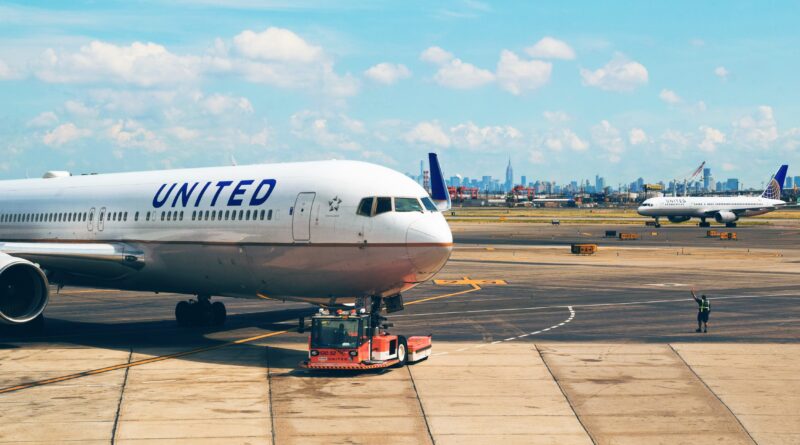United Announces Israel Service Resumption, Then Promptly Retracts
Amidst the eruption of the ongoing conflict in Israel, major airlines swiftly halted their services to the region. United, in particular, found itself in a peculiar situation as one of its flights from SFO became a unintentional “flight to nowhere” when it had to turn back mid-air due to the eruption of hostilities during the course of the flight. The rapid escalation saw thousands of rockets launched towards Israel, including at Ben-Gurion Airport (TLV), prompting a suspension of flights to the country by most foreign airlines.
United Airlines announced the resumption of its EWR-TLV service starting on November 24, a day after Thanksgiving. However, this announcement was promptly retracted, with the airline clarifying that flights to Tel Aviv would remain suspended until conditions permit their safe resumption.
In the midst of this uncertainty, El Al, Israel’s flag carrier, emerged as one of the only airlines maintaining services to and from Israel. Notably, they continued operations even during the Sabbath, something which the carrier hasn’t done in decades. I previously delved into El Al’s utilization of C-MUSIC, a system designed to protect passengers from heat-seeking anti-aircraft missiles.
While Delta tentatively scheduled the return of its JFK-TLV route from November 21, no formal announcement has been made. Given the unpredictable nature of the war situation, it’s anticipated that scheduling adjustments may continue until there’s a substantial change.
Live and Let’s Fly reported American Airlines listing TLV flights starting December 4, but it seems that’s already been pulled down from AA.com. While tickets were offered for that date, they all involved connecting flights with Oneworld alliance partners like British Airways in Europe, without direct options from the U.S. on AA metal.
The situation remains fluid, but my prediction is that we won’t see any service resumption by U.S. carriers until the conflict subsides, and potentially much longer. It’s likely we’ll see widebody equipment, already in short supply, re-allocated to other routes such as those to Europe. Once those schedules are built and equipment committed, it could potentially take significant time to organize service to TLV again.

